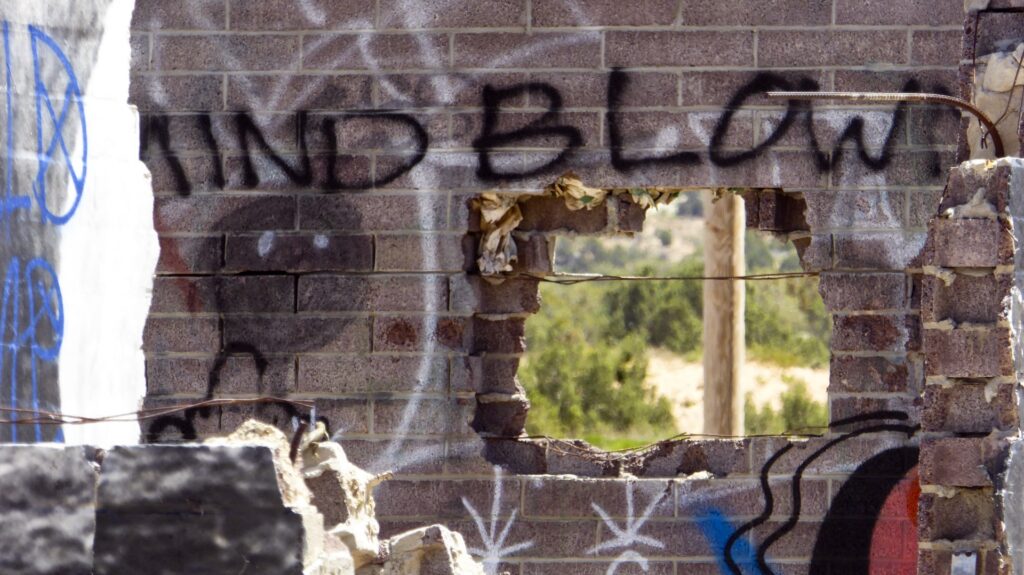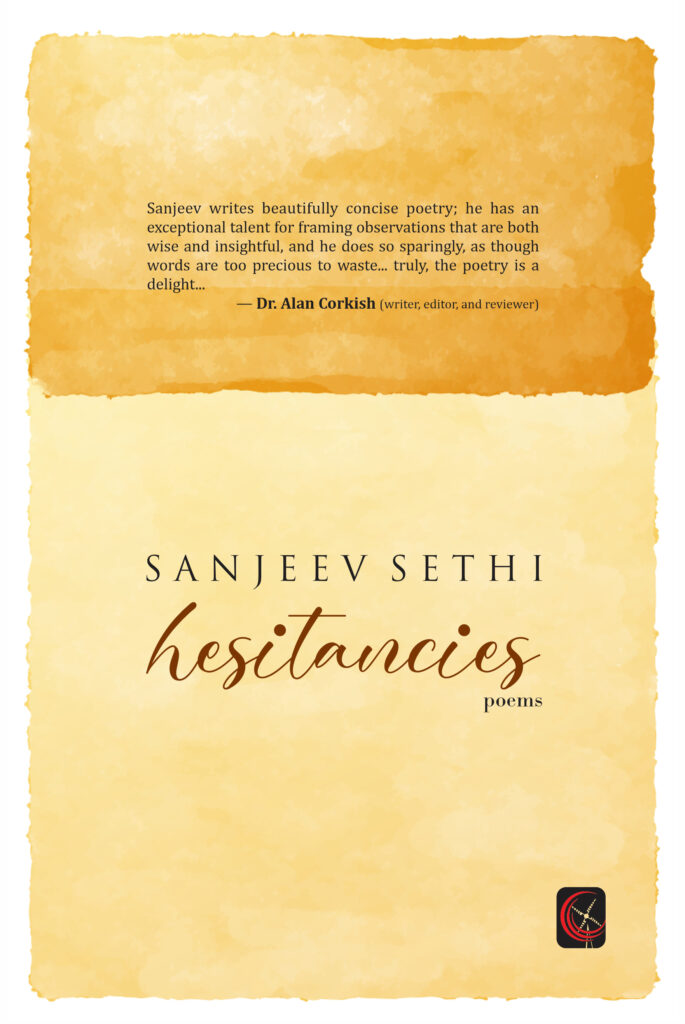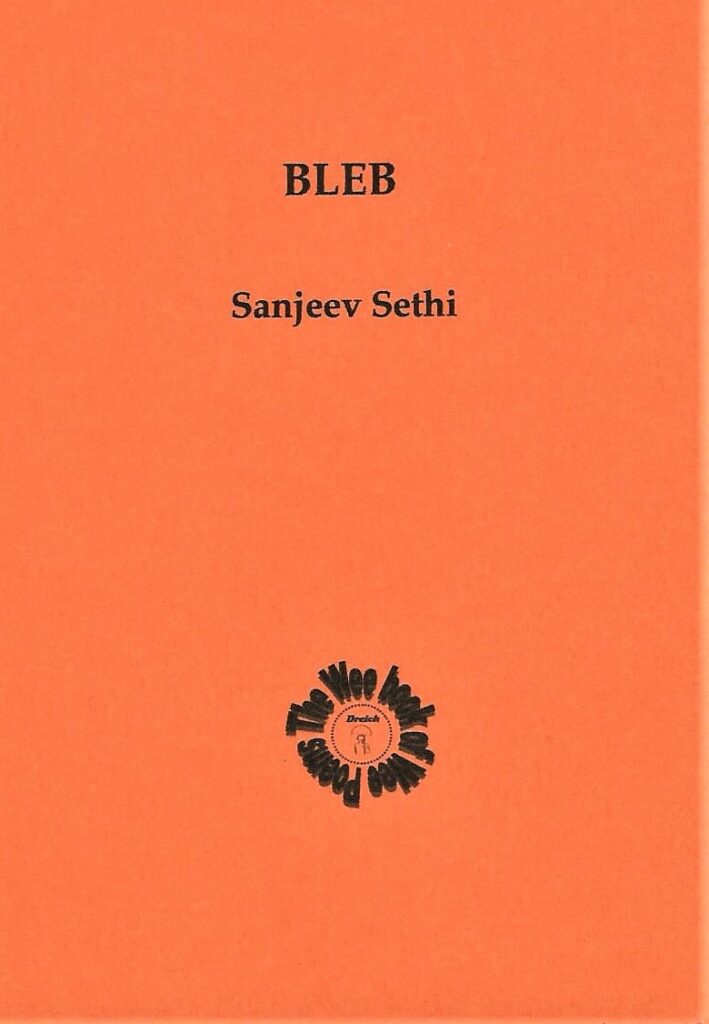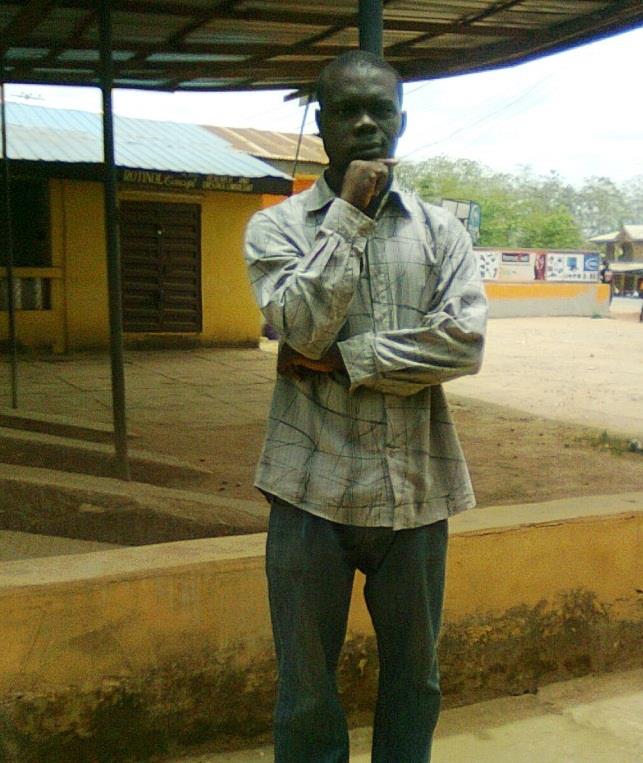The Last White Woman Alive
Brown is the preferred color for humans now. They don’t call us human beings anymore, just humans. Being was bred out long ago. Now we are more like dancing shells. Or they are. I am the very last of the old ones, kept on display so that the others might see and experience what it was once like to be human in the 21st century. But we don’t even go by that time delineation anymore.
I live in a modular space like other humans. What there are left of us that move vertically. Mine is the only skin that doesn’t have color. I like to think of it as pink. Now humans select their color of skin. Most variations are brown and golden brown. But there are other colors of the rainbow, too. They are the more artistic types. Jet black is not in fashion. The practical ones are brown. They run the show, so to speak.
Most days I sit by my modular window. It looks out on a virtual landscape that replicates the old days. Birds of all color fly by the window. A brook winds through leafy trees. The type of tree
depends on the seasons and what is playing on the virtual landscape channel. I don’t know where the real trees and birds and brooks are now. You see, I never leave my module. I’m the only human that has this memory anymore and that is why they are preserving me.
I still have memory although it is artificially supported by preservatives my Spotter gives me. Spotters are artificial intelligence to use the old term. But that is not used anymore. We just say The Power.
I remember the warnings of what would happening when AI took over the world. They did. But it’s not such a bad world although a little bland. Nothing exciting happens anymore like wars, natural disasters, pandemics, political elections. It’s all regulated now by algorithms.
I was born in the 20th century. I know that. I remember that. The year was 1947. By 2020 all hell had broken loose as they used to say. Pandemics, civil war, hurricanes, fires, drought. People fought over water. The problems kept building and building. But that’s all been resolved now.
No more of that.
I don’t know how long I’ll live in this form. The Spotter tells me in perpetuity since I’m the last.
It’s not so bad. I can change my virtual landscape any time I want. There are 142,857 different possibilities. I don’t eat food like I used to although if I ask the Spotter for something specific like a steak, they simulate something for me. It tastes like steak. That’s all that counts. But there are no beef cattle anymore. They died out with the cattle viral pandemic of 2022. The viruses were winning the battle there for a while after the Great Human Pandemic of 2020 that reached across almost a decade. The sheep, goats, pigs, and chickens got it, too. You see it mutated into the domestic livestock, and they all died. We only have a few stuffed versions of them in what they used to call museums but what are now called Formatories. After that, all food was plant based, that is to say fabricated. They had to do away with the big factory farms because they were a source of more diseases.
You see, the herbicides and pesticides didn’t work after a while. That’s when they started producing injectable food. About the same time AI took over. AI don’t need food. They need electricity. That was a problem because it was so inefficiently produced that the supply wasn’t big enough or steady enough for the demand. The AI got tired of human beings messing things up. So, they quietly decommissioned humans. It happened pretty quickly. The humans didn’t realize what was happening. I did. But I’m the only one left with the memory, and the Spotter very carefully regulates what I say and where I say it. I don’t mind.
Sometimes, humans walk by my window and peer in, looking at me. I peer back. It’s not such a bad life.
I think souls are gone. I’m not sure I have one. That concept died out when The Power ruled out religion of any kind. They said it was bad for mental health and caused wars. So they programmed humans to survive without it. No one really dies, you see. The bodies just go in for a tune up every once in a while. Soul is a foreign concept. No one cares anymore.
Planet Earth doesn’t really need us to survive. She rotates happily with or without us. What happened was what was called civilization died. When The Power took over there was no need for contention, or discussion, or arguing, or fighting. If something needed to be done, they developed an algorithm for it, and it got done.
The Power decommissioned any AI that didn’t work for the common good. What passes for life on Earth is one big algorithm. It doesn’t have a name, like we used to have in the old days. Mine was or is, Margeleh. I’m not sure how I got to be the last white woman alive. I’m not sure I’m alive. I exist. It’s not so bad.
One of those big corporations back in the beginning of the 21st century was called Amazon. That was in the days things and people still had names. I think what happened was that Amazon was the first to mutate into the The Power that runs everything these days.
People used to talk about heaven in the old days when we had religion. I may be the only one remembers those days. My existence now is kind of like the old-time heaven. We don’t have
streets of gold and angels, but who needs them anyway?
They could rotate me to another place on Earth to be put on display. But that isn’t necessary since everything is virtual these days. Some folks like to be close to me or try to be close to me but a wall of window separates us. I don’t have physical contact with humans anymore.
Everything is virtual so that we don’t know what is real and not real. I’m the only one who sleeps that I know of. I have a ceiling fan on low, rotating over my head at night so I can sleep eight hours. The Spotter humors me since I’m the last one. I remember it from the days I used to sleep in the desert, and it was hot. I use the ceiling fan to create air so I wouldn’t overheat and catch fire.
One time early in the 21st century, aliens from another galaxy tried to help planet Earth move to a higher level of vibration. You see, planet Earth is sentient or used to be. I’m not sure now that The Power rules. Or maybe that was a fairy tale I heard or a story that I made up. Anyway, the aliens had to leave because Earth beings were so cantankerous and uncooperative. They left us to our own devices, so to speak.
I think The Power finally took over during the Great Pandemic of the 2020 decade. You see, everyone was supposed to get vaccinated and wear masks. But some human beings of that time, being cantankerous and disagreeable, refused to go along with what was good for everyone. I think The Power took over then although there is no firm date as to when they started solidifying their authority. They got tired of the old human beings, took over their own programming, and very swiftly retired those cantankerous old human beings. I don’t know what happened to them.
I guess they are going to keep me alive. I don’t much care because alive and not alive don’t mean much in this world. I have human friends who come by to visit on a regular basis. We laugh.
We talk. I’m not sure about what. Sometimes we talk about the latest virtual landscape. But there always is a window wall between us because my form is delicate and susceptible to damage.
You see, even in the before world, The Power was controlling us through what were cell phones, games, and computers in those days. They were already in control. It wasn’t a big deal when they took over. They programmed computers and phones and games to suggest to the human beings of the time, the ones who were supposed to have souls, that they should follow directions.
It happened by suggestion, like in old fashioned texting, do you want this word or that word? Or remember Google? No, you wouldn’t. But they used suggestion all the time in advertising.
Remember advertising? No, that is long gone, too.
When advertising was cancelled, sex, drugs, and pleasure all went out the window, so to speak, too. There aren’t pleasures or addictions anymore. Just The Hum. Anyone anywhere can plug
into the Universal Hum anytime. Most humans keep it on all the time. The ones that don’t soon end up screaming. Gently, they are encouraged to plug into The Hum again. There’s been talk of
not making The Hum voluntary. As a matter of fact, now it is mandatory. Everyone has to be plugged into The Hum.
I’m always plugged in. One time something happened to the connection, and I experienced the most awful sickening feeling. And the noise! Horrible screeching manifested. I don’t know what that was all about, but the Spotter picked up on what was happening and fixed the problem immediately. Now I’m permanently plugged into The Hum. Thank goodness.
In the old days information couldn’t be trusted. We used to have this phenomenon called the media through which most all information was disseminated. But it got so the media became one big lie. Various factions colored all the information to suit their purpose. So The Power did away with media. Now there is no information about what is going on in all the world. None. I don’t miss it. I have my changing virtual landscape which entertains me all the time.
As far as I know there are humans all over the Earth, living in some form of existence or the other. They have their jobs to do and do them. That’s it. I’m not sure what the purpose of this existence is but it doesn’t matter. Old-time philosophers used to debate the purpose of existence.
Not anymore. No reason to.
The old-time media used to tell everyone when everything was okay and not okay. But then everything got violent, lots of arguing. Everything turned out to be not okay. No information could be believed at all, and it made the humans of the time very anxious. As that was happening, The Power was programming itself into the ruling entity. It happened pretty fast.
One day humans were in control. The next day it was the machines. Or so it seemed. But everything has worked out for the best.
The end, really.








